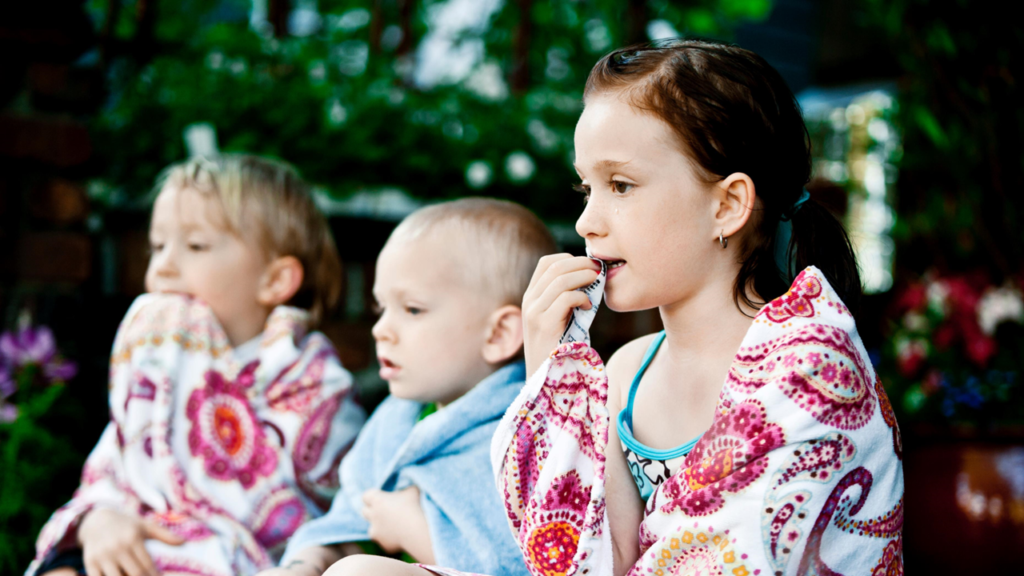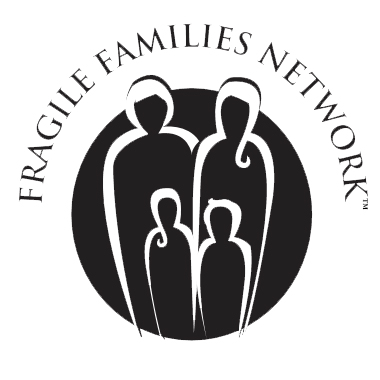Nurturing Sibling Bonds in the Grandfamily: The Key to Strong Family Connections

Why is it important to nurture sibling bonds in the context of a grandfamily?
Siblings share a unique and enduring bond, one that can be especially vital in the context of a grandfamily. As caregivers to relatives’ children, grandparents and extended family members often find themselves navigating not just parental roles but also the complexities of sibling relationships. Understanding the importance of nurturing these bonds can lead to stronger family connections and a more supportive environment for all involved.
Supporting Sibling Connections
One of the foundational pillars of a thriving grandfamily is the support and encouragement of sibling connections. Siblings provide companionship, emotional support, and shared experiences that contribute significantly to a child’s development and well-being. In the grandfamily setting, where children may already be adjusting to changes in their living arrangements, maintaining strong sibling relationships can offer stability and comfort.
Grandfamily caregivers can support sibling connections by:
- Facilitating regular interactions and quality time between siblings.
- Encouraging open communication and problem-solving skills.
- Acknowledging and validating each child’s feelings and perspectives.
- Fostering a sense of teamwork and cooperation through shared responsibilities and activities.
By prioritizing sibling connections, caregivers help create a sense of belonging and security within the family unit, fostering resilience and positive relationships among siblings.
Addressing Sibling Rivalry
While sibling bonds can be deeply fulfilling, they can also be accompanied by challenges such as sibling rivalry. In the grandfamily, where children may be adjusting to new living arrangements or experiencing heightened emotions due to family dynamics, addressing sibling rivalry becomes essential.
Caregivers can address sibling rivalry by:
- Teaching conflict resolution and problem-solving skills.
- Setting clear and consistent expectations for behavior and interactions.
- Encouraging empathy and understanding of each other’s perspectives.
- Providing individualized attention and opportunities for positive reinforcement.
By proactively addressing sibling rivalry and promoting healthy ways of resolving conflicts, caregivers create a harmonious family environment where siblings learn to navigate challenges together, strengthening their bond in the process.
Creating Family Bonding Activities
Family bonding activities play a crucial role in nurturing sibling bonds and fostering a sense of unity within the grandfamily. These activities provide opportunities for shared experiences, laughter, and creating lasting memories that contribute to a strong family bond.
Some ideas for family bonding activities include:
- Family game nights or movie nights where everyone can participate and enjoy each other’s company.
- Outdoor adventures such as picnics, nature walks, or camping trips that encourage exploration and teamwork.
- Collaborative projects like gardening, cooking together, or creating a family scrapbook to document special moments.
- Volunteering as a family to support a cause or community initiative, promoting a sense of shared purpose and altruism.
Through intentional family bonding activities, grandfamily caregivers create meaningful opportunities for siblings to connect, collaborate, and grow together, strengthening the fabric of their family unit.
In conclusion, nurturing sibling bonds in the grandfamily setting is not just important; it is essential for fostering a supportive and loving environment where children can thrive emotionally, socially, and academically. By supporting sibling connections, addressing sibling rivalry constructively, and engaging in family bonding activities, caregivers play a pivotal role in cultivating strong and enduring sibling relationships that lay the foundation for a resilient and harmonious grandfamily.
©2024 Fragile Families NETWORK







